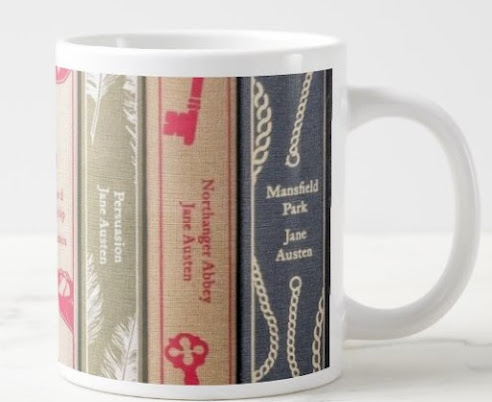 |
| Snoopy typing "It was a dark and stormy night." Snoopy's unvarying opening line harkens back to 1830 when the English writer and politician novelist, Sir Edward Bulwer-Lytton penned the now-cliched sentence to open his novel, Paul Clifford. Like the fairytale opening of "Once upon a time," this formula ended up copied by many others over the years influencing Snoopy in his style of writing much like generative AI is trained by the models of writing it ingests as its training. In fact, it is now influencing the title of a collection of works that predate 1830. A Dark and Stormy Night is the title of a collection of ghost stories told by Lord Byron, Percy Bysshe Shelley, and Mary Wollstonecraft, who would later become Mary Shelley. It references what was in fact a possibly dark and stormy afternoon in the spring of 1816 when the group that had traveled to Geneva told ghost stories to passed the time while stuck inside. Mary's story was one that has taken on a life of its own, and the standard flat-headed, green-tinted image of the monster Victor Frankenstein created popularized by countless film adaptations is more familiar to people today than stanzas of Romantic poetry. Two years after her oral telling, Mary Shelley published her novel under the title Frankenstein; or, The Modern Prometheus, bringing to light the downside of the Prometheus impulse that her husband celebrated in his epic poem, Prometheus Unbound. Most people who have read the novel have not read the 1818 version. Mary Shelley revised the novel, which was published anew in an 1831 edition. You can read about the changes entailed here. While the legend of the Frankenstein monster was was born in 1816 in Geneva, Mary Wollstonecraft herself was born in 1797 in London, Her parents were the feminist writer Mary Wollstonecraft, who died just 10 days after her daughter's birth, and William Godwin. Her birthday is August 30th, the date of this post. Related:Happy (early) birthday, ShakespeareWhat Do Cynthia Ozick and Snoopy have in common?En)gendering Romanticism: A Study of Charlotte Bronte's Novels |



